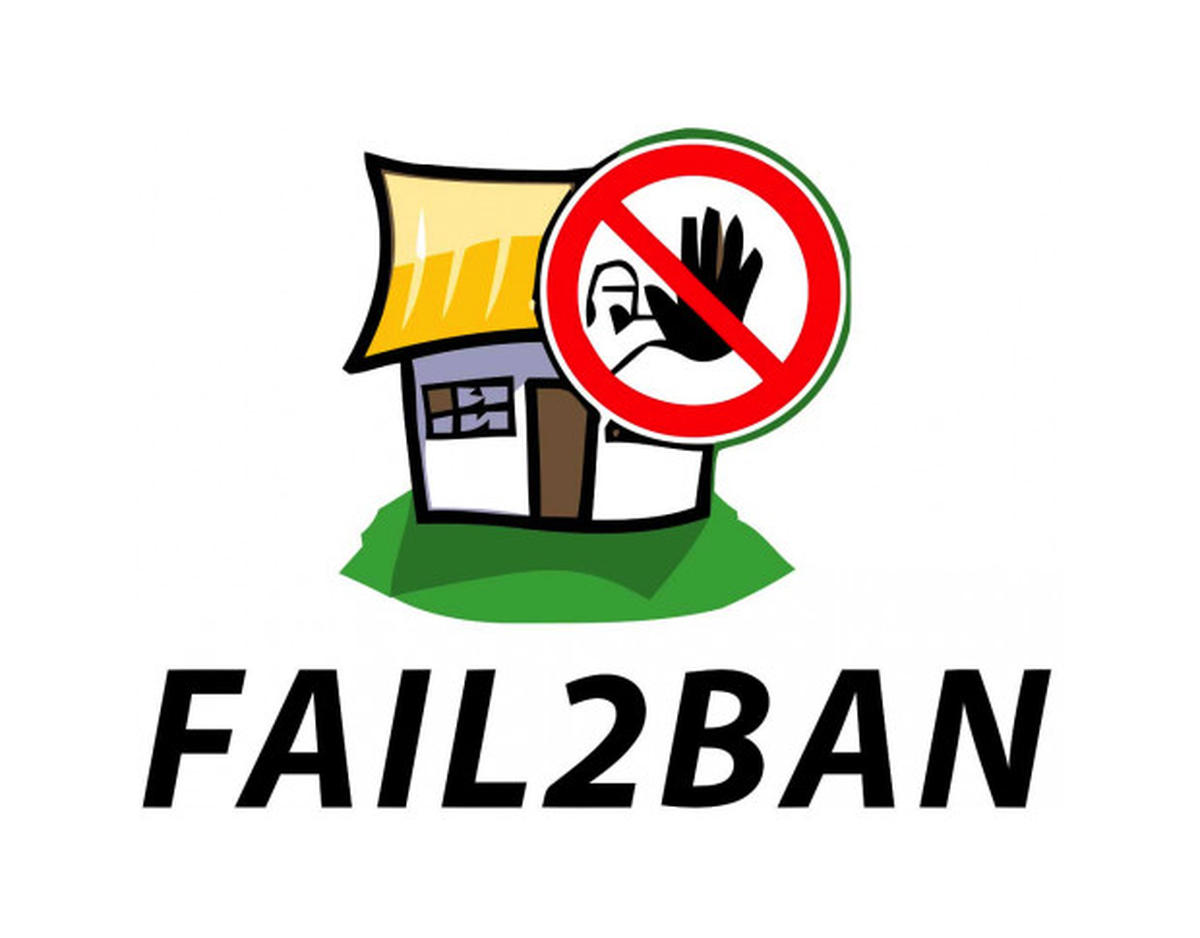One of the many purposes of Ansible is to easily, quickly, and efficiently provision new server infrastructure. The use of configuration management tools in server provisioning can be quite essential, as it provides a very flexible solution in regards to deploying and managing new hosts. This post goes through a very simple example of playbook that …
Tricks Of The Trades
A highly condensed set of basic commands to install Fail2ban the traditional way. These can be executed on any remote server/VPS running recent versions of Ubuntu; although the process was carried out by myself on 18.04. If you’re not familiar with Fail2ban, the start of this brief guide refers to two good resources you can …
Pass is a command-line password manager that follows the Unix philosophy of being small, simple, efficient, and compatible. It works by storing machine-generated or user-generated passwords in an encrypted GPG file. Each of which is organized into a named folder hierarchy. It can be manipulated through other command-line tools if needed, and its contents easily …
Here are some base guidelines I follow when setting up a new VPS manually without configuration management. These steps if anything makes the system more secure overall and provides a good starting point from which you can set up the services/software required for the purpose of the VPS. All of these steps in this post …
Slack’s web interface isn’t too shabby, but at times it’s more preferable and easier to instead have a command line alternative. Also when working on a server or command line orientated environment, you might not have access to a web browser to login to Slack. So running an IRC client with access to the gateway …
The shell program pwgen is one of a number of password generation tools that creates both human-readable and machine formatted random passwords. It achieves this using /dev/urandom and like any of these password solution programs attempt to make passwords as secure as possible, within the given parameters. Here’s a seemingly safe password strength checker where you can …
Variables provide a simple way to share configuration settings between multiple applications and processes in Linux, and are mainly set in either a terminal or shell configuration file upon start up. They are either environmental or shell variables by convention. Both of which are usually defined using all capital letters. This helps users distinguish environmental …
Covers the general process of setting up a basic Minecraft server from start to finish. Along with how to configure some of the server’s properties and user permissions. Uses Java (OpenJDK in this case) as a dependency. Requires GNU Screen to maintain a shell session. The Minecraft game client is necessary to test access to …
Initial notes on installing plus base setup of Z Shell. Listed here are some of its often touted features. Auto-completion Auto-correction Scripting capabilities Extensibility with modules Improved globbing Improved array handling 1 – Installation Update the apt-get package manager’s database. [alert-announce] $ sudo apt-get update [/alert-announce] Install zsh through the apt-get package manager. [alert-announce] $ sudo apt-get install zsh [/alert-announce] 2 …
UFW is a popular and convenient firewall configuration tool originating from Ubuntu distributions. It’s a more accessible way of using the iptables program. Which with some of its complexities can be more cumbersome or confusing for newcomers to learn. In reality UFW works as a wrapper for iptables, so is not a firewall in its own right …










